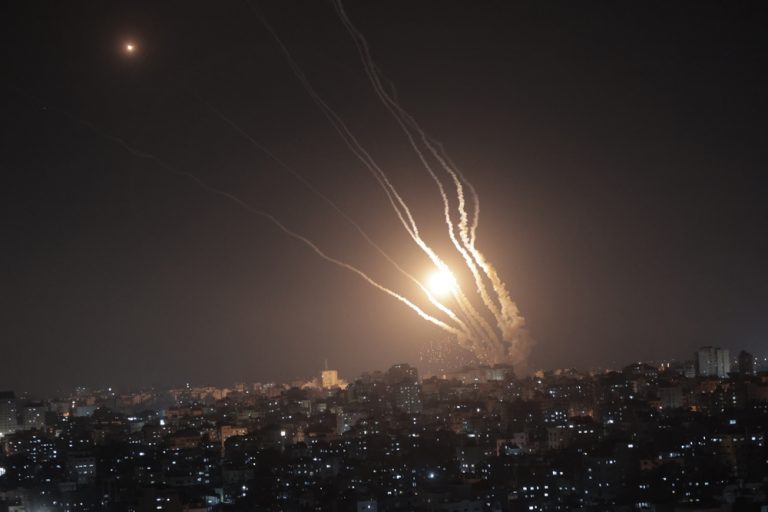Details of the Emerging Agreement
Israel and Hamas have agreed to a ceasefire deal that aims to pause the fighting in Gaza and initiate a phased release of hostages and Palestinian prisoners. According to sources, implementation is expected to begin on Sunday, with 33 hostages being released by Hamas during the first phase. Simultaneously, hundreds of Palestinian prisoners will be released from Israeli custody, marking a significant step toward de-escalation.
Negotiations for the second phase—intended to bring a permanent end to the war—are set to begin on the 16th day of the deal’s implementation. This phase is expected to address the release of all remaining hostages, a permanent truce, and the complete withdrawal of Israeli forces from Gaza.
Hamas Urges Civilians to Remain Vigilant
Hamas’ government media office has advised Gaza residents to avoid moving until the ceasefire officially begins. “The Government Media Office calls on the honorable citizens not to move before the official start of the ceasefire and to obtain information about the timing of the ceasefire from official sources,” it stated in a press release.
Additionally, Gaza’s civil defense has appealed to residents to refrain from celebratory gunfire to prevent accidental injuries among displaced individuals sheltering in tents and temporary shelters. “We do not want to be saddened by more martyrs and wounded,” the office emphasized.
Trump Claims Credit for Ceasefire
U.S. President-elect Donald Trump reacted to the news on Truth Social, attributing the deal to his administration’s incoming leadership. “WE HAVE A DEAL FOR THE HOSTAGES IN THE MIDDLE EAST. THEY WILL BE RELEASED SHORTLY. THANK YOU!” Trump wrote.
He further credited his administration’s diplomatic approach for the breakthrough, adding, “This could have only happened as a result of our Historic Victory in November, as it signaled to the entire World that my Administration would seek Peace and negotiate deals to ensure the safety of all Americans, and our Allies.”
Trump also highlighted plans to expand the Abraham Accords, which normalized relations between Israel and several Arab nations during his first term. He reiterated his administration’s commitment to ensuring that Gaza does not become a terrorist safe haven.
Local and Regional Reactions
The announcement has sparked mixed reactions across the region. In Gaza, residents expressed cautious optimism. However, with much of the enclave in ruins and over 2.3 million displaced residents, the path to recovery remains uncertain. International mediators have also highlighted the need for sustained cooperation to ensure the ceasefire holds and leads to meaningful long-term solutions.
Outlook for Peace
While the initial phase of the ceasefire is a promising start, many questions remain about the broader implications of the agreement. The second phase will be critical in determining whether a permanent truce can be achieved, and the success of Gaza’s reconstruction will depend on effective international coordination.
As celebrations and cautious optimism ripple through the region, this agreement offers a rare opportunity for both sides to address the root causes of their conflict and lay the groundwork for a more stable future.


